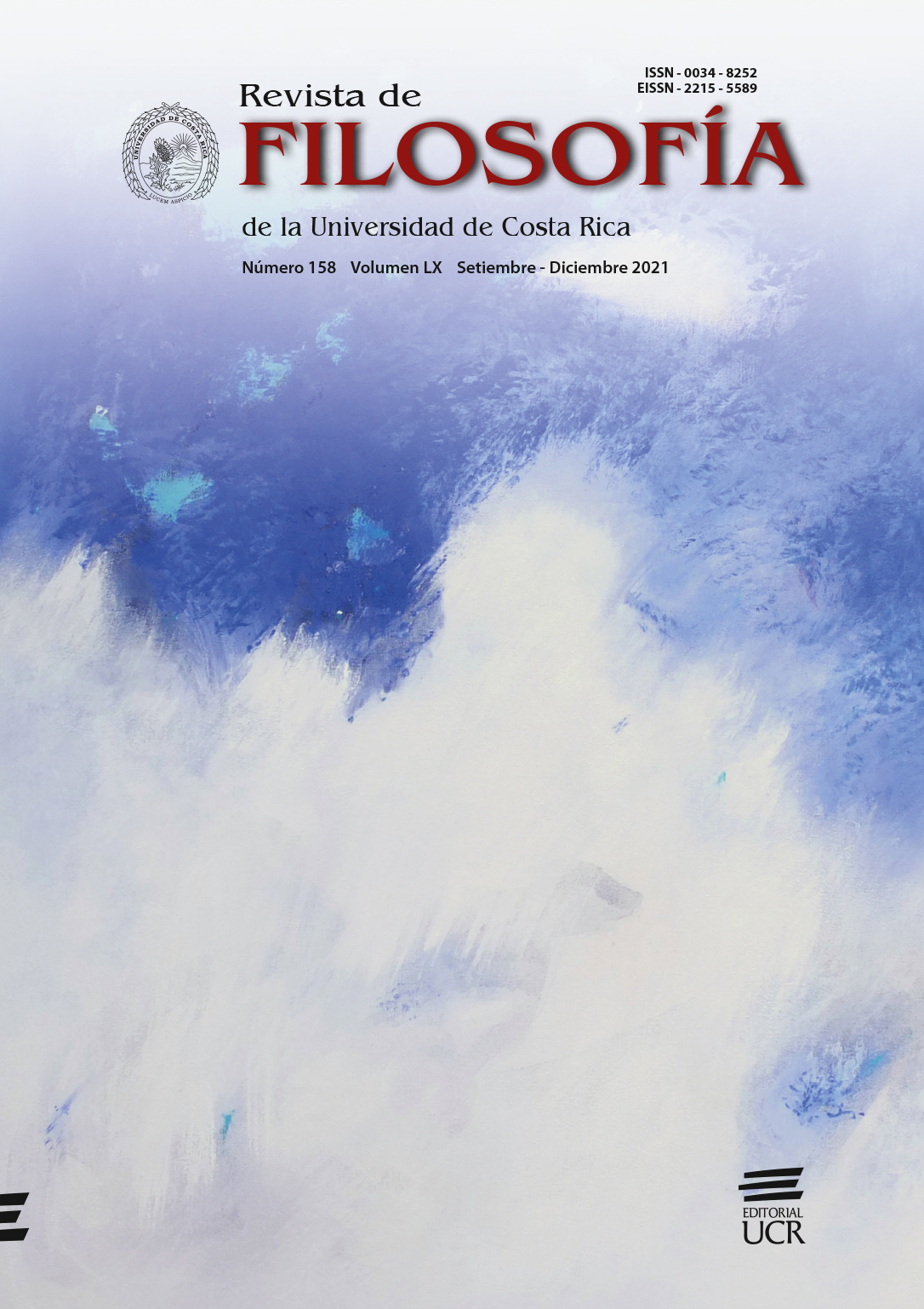Resumen
El núcleo de la teoría política campanelliana tiene como centro la propuesta de un gobierno universal o imperial inspirado en una necesidad teológica. El imperio tiene como fin la unidad de los hombres y mujeres del mundo bajo el catolicismo en la pluralidad de territorios y costumbres. El descubrimiento del Nuevo mundo trajo consigo la responsabilidad de la salvación de las almas de su población, además de la posibilidad de pensar estrategias efectivas del dominio político de la tierra americana. La hipótesis que guiará el desarrollo indicará que el interés en el pensamiento del fraile de Calabria sobre américa puede dividirse en dos: por un lado, una ruptura epistemológica que pone en relieve una nueva actitud empírica (§2), y por el otro, la necesidad de incluirla bajo el gobierno imperio del mundo (§3-4). Teniendo en cuenta y señalando las influencias obvias de las crónicas americanas de la época, las obras del humanista Francisco López de Gómara y del jesuita José de Acosta.
##plugins.facebook.comentarios##

Esta obra está bajo una licencia internacional Creative Commons Reconocimiento-NoComercial-SinObraDerivada 3.0.
Derechos de autor 2021 Pablo Rojas Olmeda

